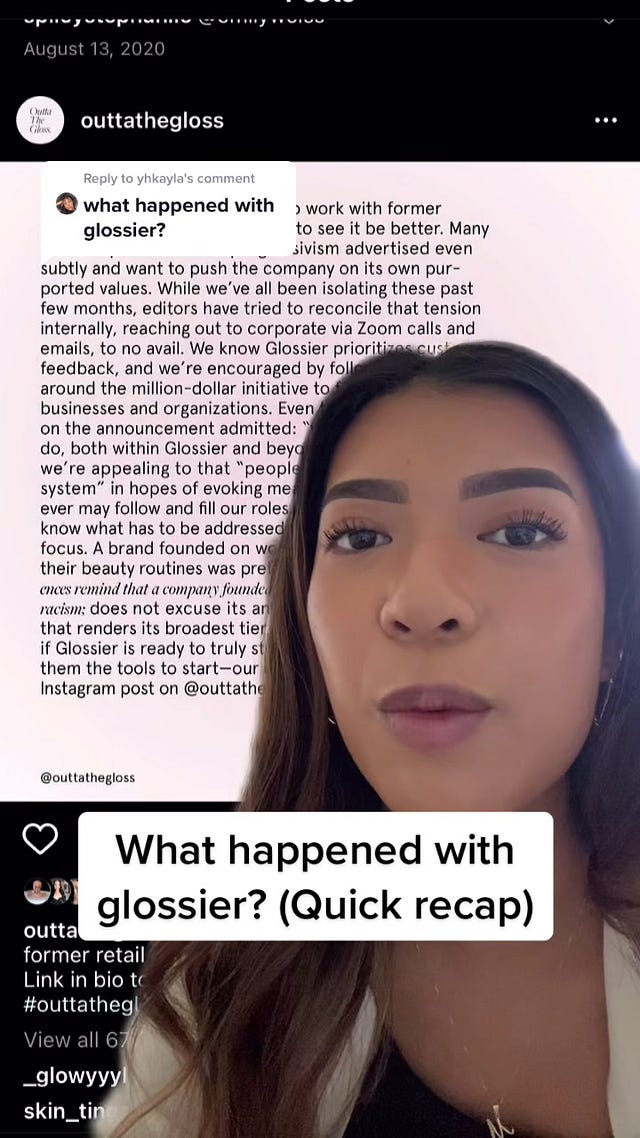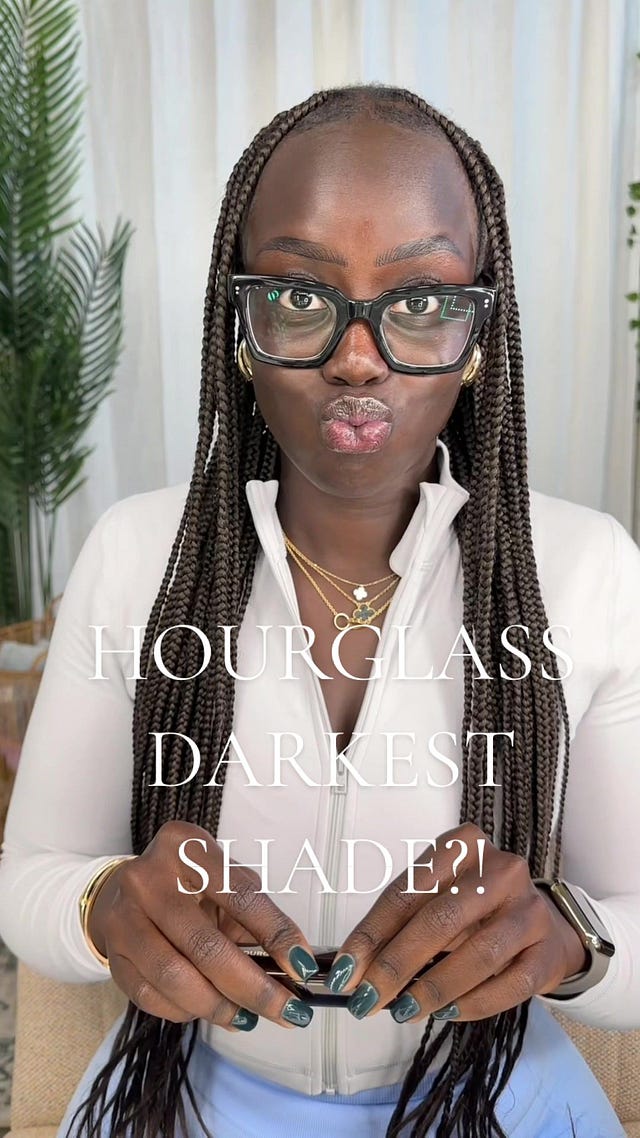For Black and Brown people, finding products that worked for our skin type has always been an issue. This issue spans across both skincare and complexion drops. It's not just about the lack of variety, but also about the effectiveness and appropriateness of these products for our particular skin types.
Over time, it has become apparent that the mainstream beauty industry often overlooks the specific needs of Black and Brown skin. As a result, there has always been a pressing need for individuals from the BIPOC communities to assert our voices. We’re put in positions where we have to express, loudly and clearly, when a product fails to meet our needs or when the options available are inadequate.
When 2020 hit, and beauty brands were exposed for lack of racial sensitivity, diversity, and proper moral and professional ethics, the tide changed temporarily and we were “seen” by brands that had ignored our existence for far too long.
In the aftermath of the pandemic, we find ourselves returning to a familiar scenario where the BIPOC communities continue to persistently challenge beauty brands on their ethics. It feels as though we are virtually pleading with these brands, urging them to allow us to invest our hard-earned money in their products — these same brands that often overlook us during their product development process. Despite the diversity of their customer base, they seem to disregard the needs and preferences of the BIPOC community. This repetitive cycle creates a sense of frustration and disappointment, as we strive for recognition and inclusion within the beauty industry.
 Tiktok failed to load.
Tiktok failed to load.Enable 3rd party cookies or use another browser
Influencers who have more of a wiggle room than in-house editors have been calling out these heritage and Indie brands that misrepresent their shade range online for complexion drops. This act of “calling out” isn't just an observation, it's a necessary scrutiny that's contributing to necessary change within the industry. To ensure the industry's growth and progression, it's not just important, but essential that we encourage and foster these kinds of honest, raw and candid discussions.
Only through such open dialogues can we hope to drive the industry forward, correcting misrepresentations and promoting inclusivity in all aspects of beauty.






